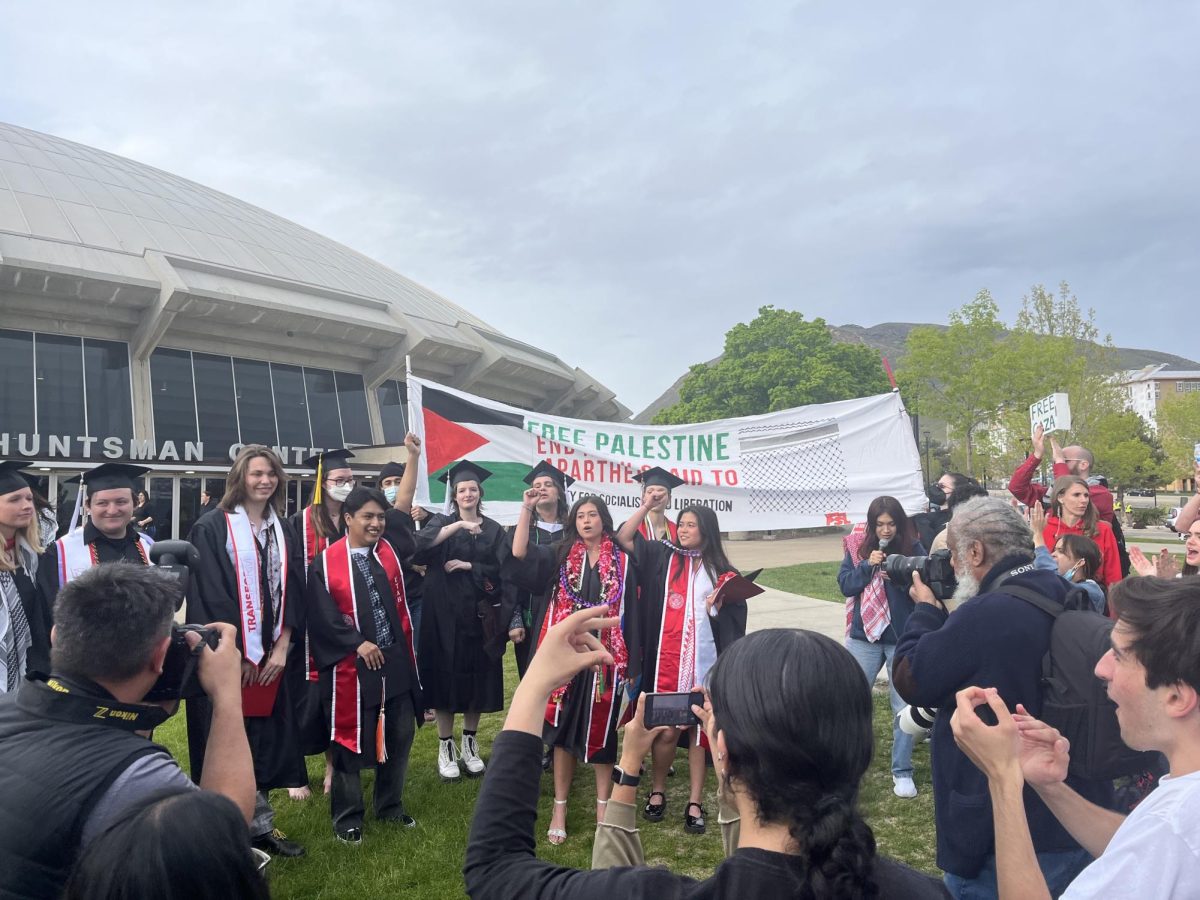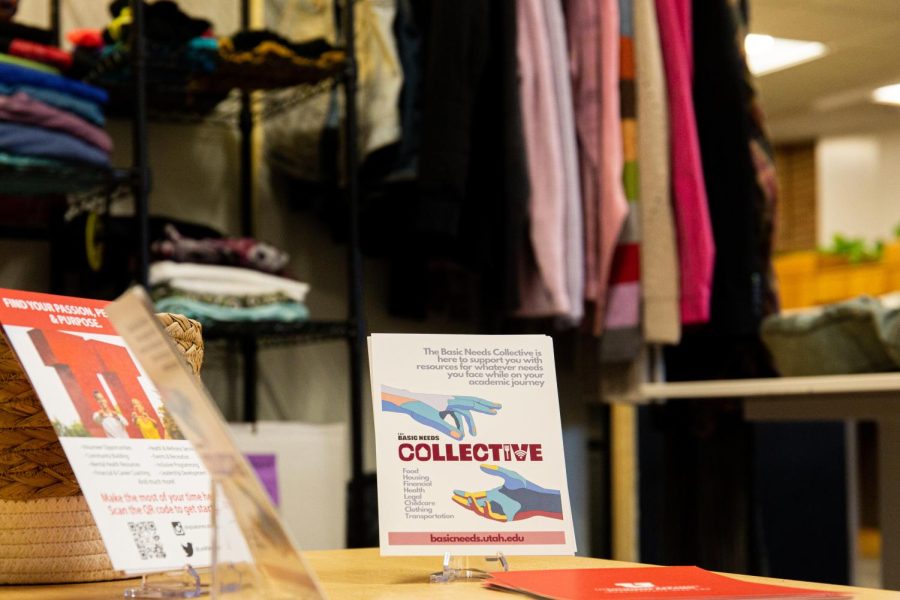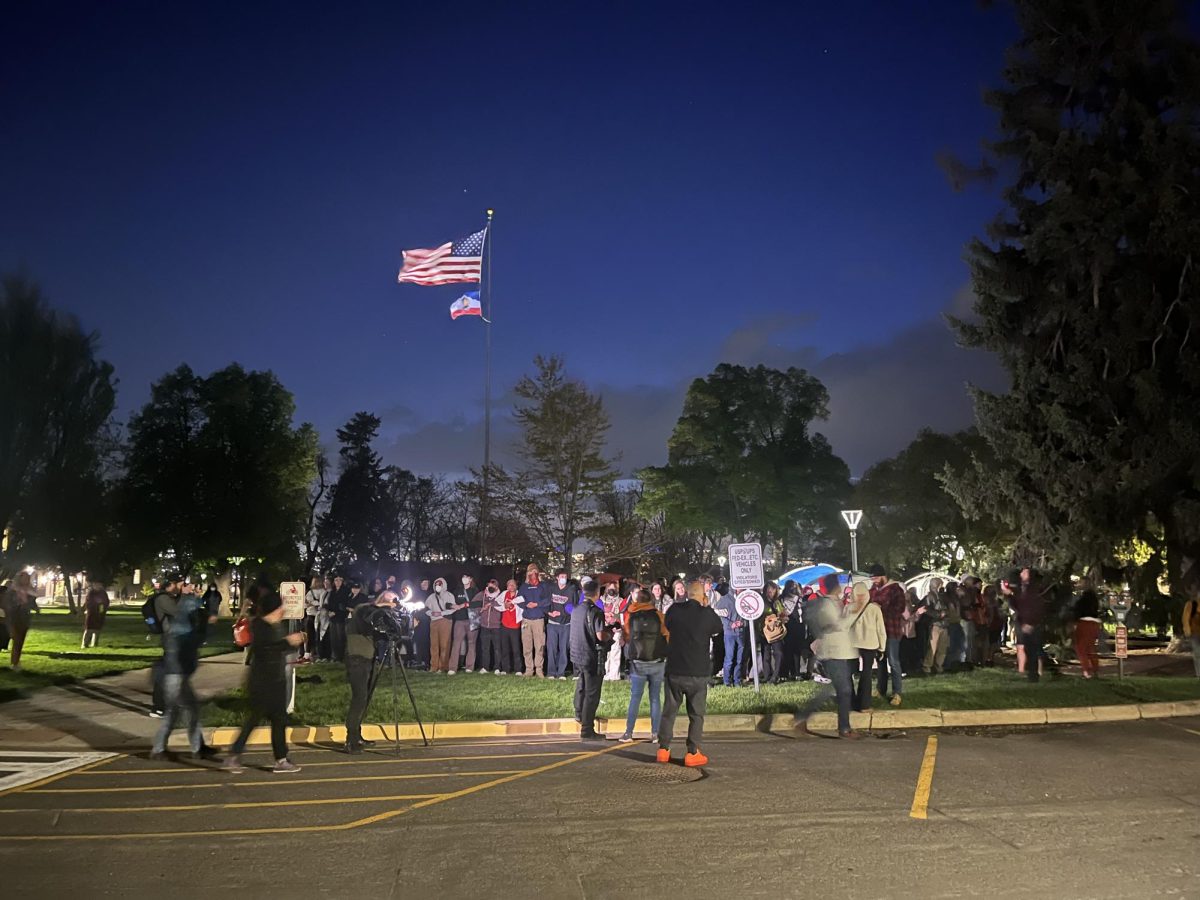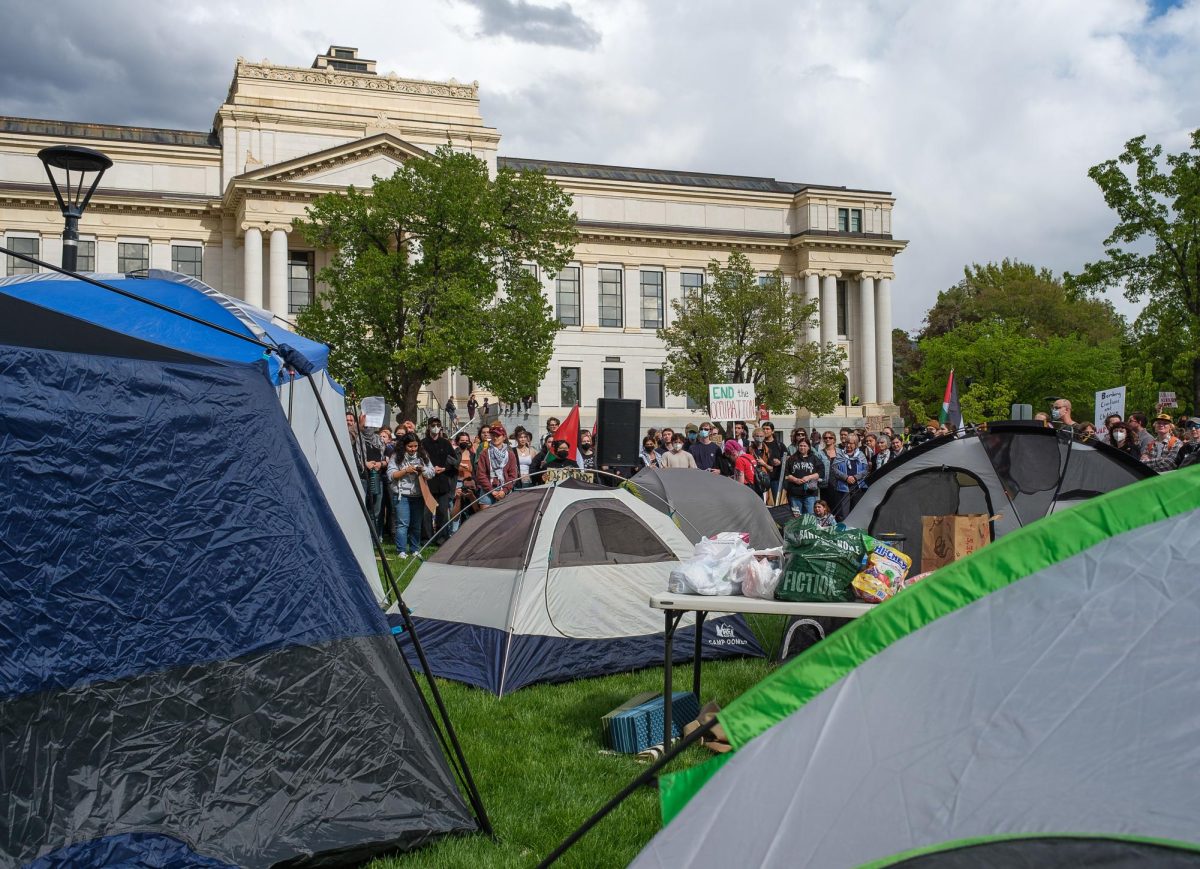President Barack Obama’s plan to increase research funding has multiple U professors excited to see what could develop through an increase in federal grants.
Tom Parks, U vice president of research, said many faculty members have been sending in proposals for stimulus money, much of which was due Monday.
U cell and cancer biology researcher Jody Rosenblatt recently submitted a grant to supplement her funds to study the way cells die in the skin. The research focuses on why some cancerous cells split and spread to other organs and other cells that should die to even out the number of cells in the body don’t.
Rosenblatt is hoping for an additional $300,000 for two years, money that could help her hire additional lab assistants and technicians to start tests. She’s not alone, as more than 25,000 grants have been submitted so far.
“It kind of feels like the gold rush right now for funds,” Rosenblatt said.
“There was a big amount of money released and people applying for the challenge grants. And then researchers began applying for more funding through administrative supplements.”
Obama discussed goals to increase federal funding in physical and health sciences8212;research that could stimulate economic development and find cures to diseases8212;at an annual National Academy of Sciences meeting Monday.
Obama explained the necessity of the American Recovery and Reinvestment Act of 2009, also known as the stimulus package, to offer research grants through funding organizations such as the National Science Foundation and the National Institutes of Health.
“No one can predict what new applications will be born of basic research: new treatments in our hospitals, or new sources of efficient energy; new building materials; new kinds of crops more resistant to heat and to drought,” Obama said at the meeting.
The funding comes after a sparse period during the Bush Administration, in which most funding went to foreign affairs and defense spending instead of scientific research.
“It’s been a tough time for everyone in research,” said Deborah Peterson, relations director for the human genetics department. “We’ve had very little funding and steady decreases.”
Peterson said that the additional money will be helpful, but so many researchers are applying for it that the increase won’t go very far.
“There are thousands applying, so $11.5 billion might sound like a lot of money, but how long will it last?” Peterson said.
The President also promoted the need for additional cancer funding8212;a step that could benefit the Huntsman Cancer Institute on upper campus.
“It’s an exciting development that President Obama would single out cancer research to participate in this,” said Linda Aagard, spokeswoman for the institute. “Several of our researchers are applying for the two-year Challenge grants.”
Obama announced a new initiative to fund energy efficiency efforts, the Advanced Research Projects Agency for Energy, which Parks said could benefit any faculty working on alternative energy measures, including geothermal and photovoltaic research on solar cells.
“The faculty are organizing to be able to take advantage of research support in the energy area,” Parks said. “We had a big meeting the weekend before last. At least 30 faculty members have expressed interest in energy research.”
Yet some researchers are skeptical about how beneficial the additional money will be since the funding is temporary.
Ed Levine, an ophthalmology professor at the U, said that overall the stimulus money will help faculty hire more research staff, work on short-term projects and fund certain research, but the money isn’t meant to increase the budget of NIH long-term.
“The whole stimulus set up is a little unusual in that it’s not geared to funding new long-term grants but spending money in the next few years,” Levine said.









